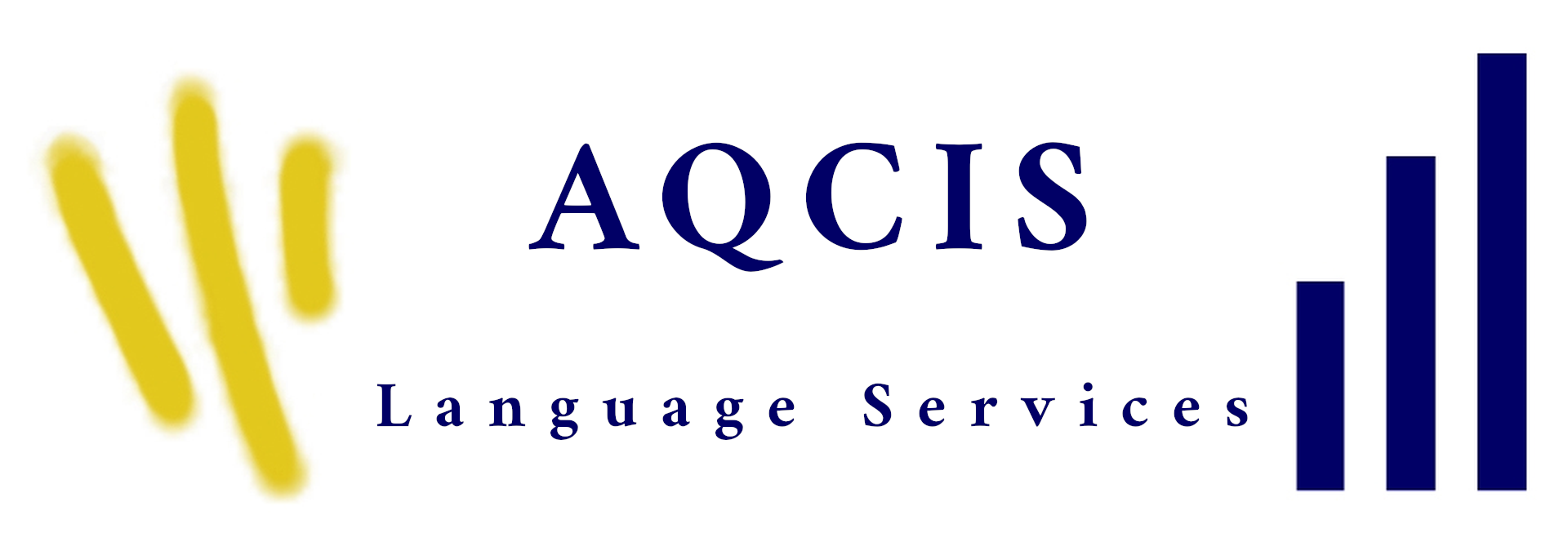Technology and translation: the age of AI

AI and machine translation
Does
human translation still make sense in the age of AI and
machine translation?
Does human translation still matter when free tools are readily
available to translate any text into nearly all languages in a
few seconds thanks to artificial intelligence and machine
translation?
One might think that human translation is one of those jobs that
are bound to disappear, given the indisputable and dazzling
progress of language technologies.
In reality, professional translation is still relevant as humans
will always need to keep control of their communication.
Today's artificial intelligence and machine translation systems
are tools that language professionals may or may not choose to
use, depending on the requirements of clients or the
circumstances in which they work.
While chatbots are within everyone's reach and can provide
translations almost instantaneously, the resulting texts still
require careful proofreading, need to be adapted to the
company's style and terminology, and must receive a final, human
touch. A professional translator and reviser is the best choice
for these tasks.
The human being must remain at the centre of the process at all
times, because he or she is the only one who can guarantee
effective communication with other humans.

Can't
machine translation and AI replace the translation service
provider?
Not really.
Think of this:
- Questioning chatbots takes time that could better be spent on your other tasks, those that make up your core business.
- Texts written with automatic language processing tools are raw data. They may look good at first sight, but hide flaws that undermine your activities or stand in the way of what you would like to communicate.
- Machine translations will always need to be thoroughly revised, just like any business publication.
- Translators are trained in translation, proofreading and editing. They devote their time to these tasks as professionals, allowing you to devote your time to your own areas of expertise.

Are
AI and machine translation conveniences that we should do
without?
Certainly not.
Machine translation and artificial intelligence can be used as
what they are: tools at the service of human beings.
Numerous technological revolutions have come and gone over the
last few centuries, forcing us all to adapt.
What we need to bear in mind can be summed up in one question:
Will the texts that need translating intended to be read by
humans? If so, you will need to make sure that the translation
is not only elegant, but also correct, readable and faithful to
the original. The translator/reviser is ideally placed to do
just this. He or she is THE professional who can ensure that
your communications live up to your company's image.
Entrusting this job to him or her allows you to concentrate on
your core business.

If
it’s free, does that mean I should go for it?
Useful and appealing though they are, free services have their
limitations.
Often, such services do not meet the criteria that individuals
or companies wish to see applied to their information,
particularly in terms of confidentiality and data protection.
Free artificial intelligence tools and machine translation
engines feed off the data that they receive to generate revenue
for their developers, publishers and investors, through
advertising or direct use of the content entered. Under these
conditions, the information can no longer be considered
confidential or private.
The expression "if it’s free, you are the product” is well
known, but its real meaning and implications are not always
understood. The “you” is your data, your personality. Data that
defines you, that is unique to you. Data that you want to keep
for yourself and that you want to be dealt with confidentially.
And if you are the product, then it's not free.
Fortunately, artificial intelligence and machine translation
tools can also keep the data safe when they are used as paid
solutions. As such, they process the data confidentially. These
are the solutions that will be chosen by the professional
translator/reviser.

Does
this mean that free tools should be banned?
Certainly not.
Free tools and free information are at the heart of the
philosophy that was shared by many Internet users in the early
days of the Web. The strong desire shown by them to share their
work and make it available free of charge has given rise to a
host of sites, publications and software (known as “shareware”)
that are either free or offered at a low price. Free software is
often a demonstration of know-how, a way for developers to make
themselves known and to offer their services.
Today, the professional translator/reviser still uses such
tools, but ensures that they keep the data they process safe and
confidential.
Free AI and machine translation tools are different in that they
use the data that is fed into them as part of their business
model, unless you use a professional account, i.e. pay for the
service.
The concept of free software or tools has therefore not
disappeared, but we need to remain vigilant about the processes
at work beneath the surface.

Image credit: FOCA Stock
